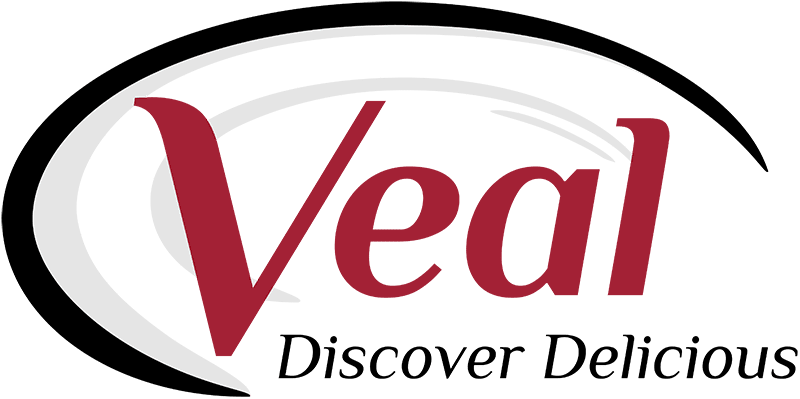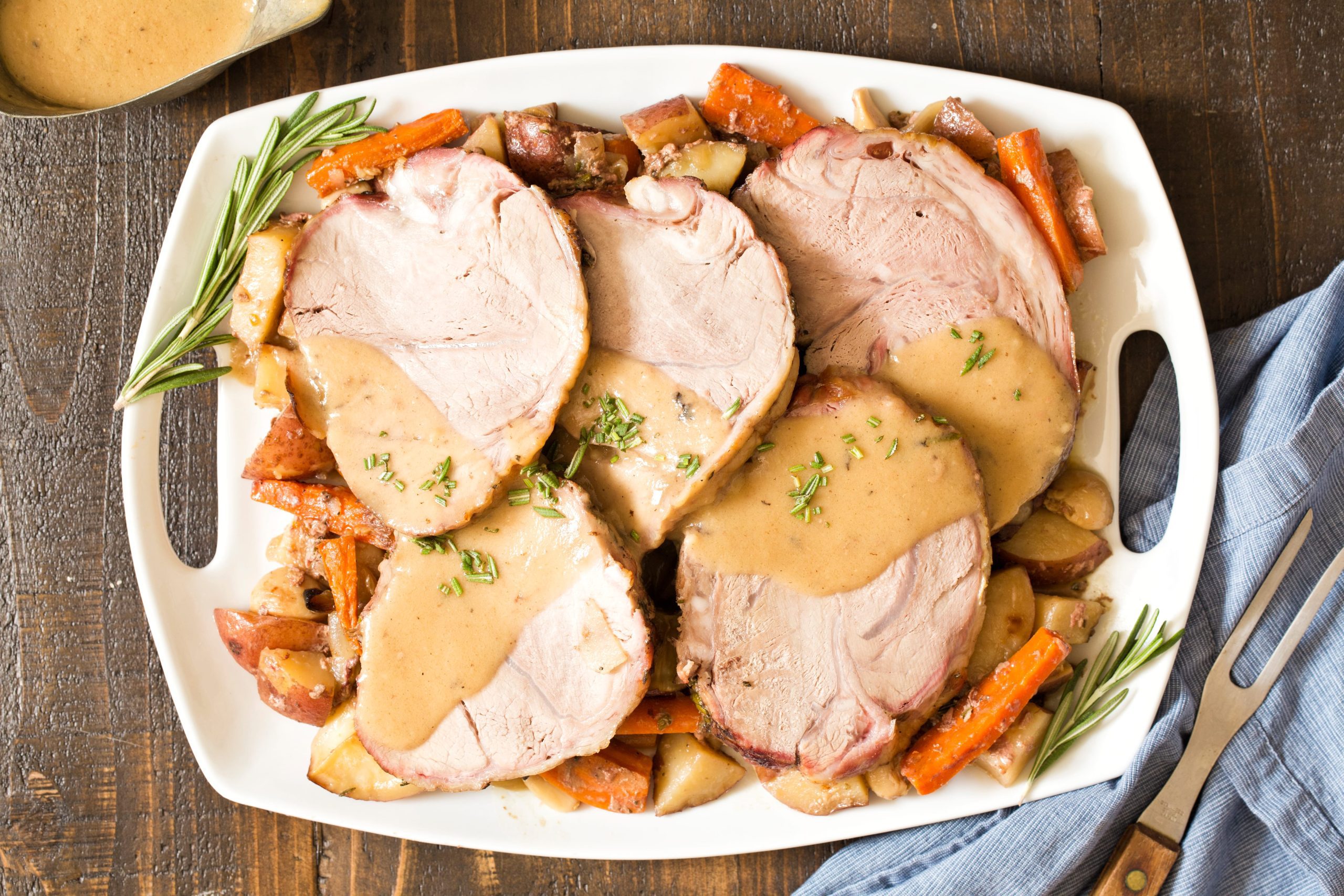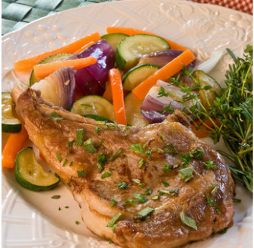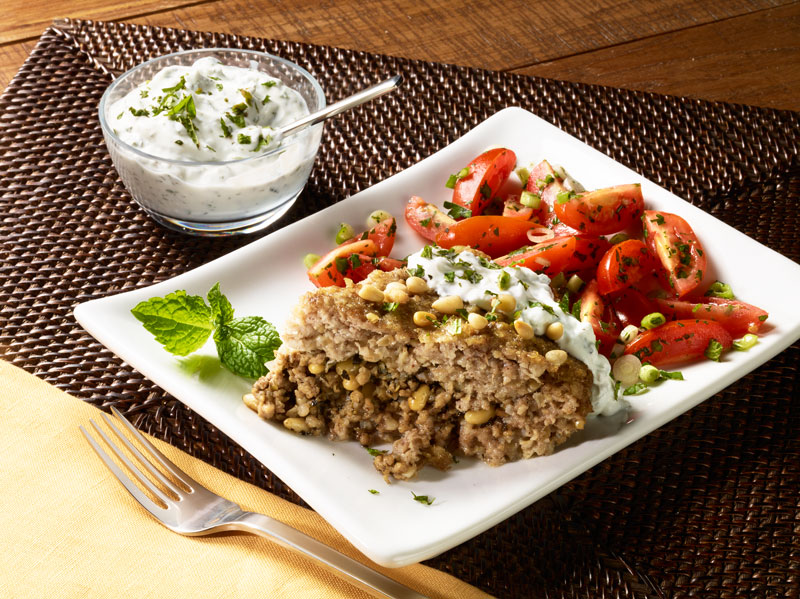October Veal Blog
Promotions
We are delighted to announce the approval of the FY19 veal promotions AR. FY19 will continue to focus on creating a successful marketplace for veal through consumer advertising, marketing and promotions; While also working with supermarket and foodservice decision makers. Important initiatives will be reaching key influencers and opinion leaders with a progressive message of veal’s globally trending new recipes, nutrition and versatility through various activities and channels of communication. Acomprehensive communication plan will disseminate new content and increase reach and engagement.
Veal Quality Assurance Resources are Here!
Is your Veal Quality Assurance (VQA) certification current? Updated certification materials are available online at VealFarm. These resources include a new certification manual, educational PPT, and forms including the Veterinarian/Client/Patient/Relationship agreement. Certification is required every three-years. Consumers of veal want to know that farmers are following the best management practices for the health and wellbeing of the veal calves they raise. The VQA program is a collection of science-based best management practices and resources developed by farmers, veterinarians and other industry experts to ensure that veal calves receive quality care through every stage of life. For assistance with the VQA program or to order copies of the manual, contact DonnaM@LookEast.com
Industry
Influencers Learn What It Takes to Raise Today’s Veal
Donna Moenning, a facilitator of the Veal Quality Assurance Program, kicked off the VIP evening on September 18, introducing veal and how these cattle are raised to engage our influencers. She touched on the industry standards and the level of commitment to quality care by the farm families that raise them. To help tell that story, Mike Kunsman, a veal producer from La Jose, PA went through the day-to-day tasks on his farm, explaining all the care and dedication that goes into raising a quality and nutritious protein. Mike is a third-generation farmer and has been a grower for Marcho for the past 16 years. Learn more about the Northeast Influencers’ Event.
Reconsidering Veal by Nicole Rodriguez, Registered Dietitian
“If you’re anything like me, you might have enjoyed veal on occasion, but perhaps been bothered by some preconceived notions. As one fellow tour-goer put it, “I’ve always imagined them as baby cows, holding little rattles and being torn from their mothers!” Well, I found out that’s quite a stretch! Veal is surprisingly sustainable. More on its humble origins and why you should eat it, here.”
Regulatory Affairs
USDA Outlines Next Steps for Advancing Animal Disease Traceability. Undersecretary for Marketing and Regulatory Programs, Greg Ibach recently announced USDA’s four overarching goals for increasing animal disease traceability to protect the long-term health, marketability and economic viability of the U.S. livestock industry. USDA’s goals include advancing electronic sharing of data among federal and state animal health officials, veterinarians and industry, including sharing basic animal disease traceability data with the federal animal health events repository and using electronic ID tags for animals requiring individual identification to make the transmission of data more efficient. Ibach also said USDA will aim to enhance the ability to track animals from birth to slaughter through a system that allows tracking data points to be connected and to elevate the discussion with states and industry to work toward a system where animal health certificates are electronically transmitted from private veterinarians to state animal health officials. USDA will implement the goals in fiscal year 2019 and will work with states and industry to establish appropriate benchmarks to show progress.
In addition, USDA said that although electronic identification is critical for advancing traceability, it will not dictate the use of a specific tag technology. Instead, USDA will continue to allow producers to decide what works best for their operations. To assist with the transition to electronic identification, USDA will end the free metal tags program and will offer a cost-share for electronic tags.
FDA Requests Comments on Use of Dairy Names in Plant-Based Product Labeling. The Food and Drug Administration (FDA) is requesting public comments on the use of dairy names in the labeling of plant-based substitutes. FDA wants to know how consumers use these plant-based products and how they understand terms such as “milk,” “cheese” or “yogurt” when included in the names of plant-based products. FDA also wants to understand whether consumers are aware of differences concerning the basic nature, characteristics, ingredients and nutritional content of plant-based products and their dairy counterparts. Public comments will be accepted through November 27, 2018.
